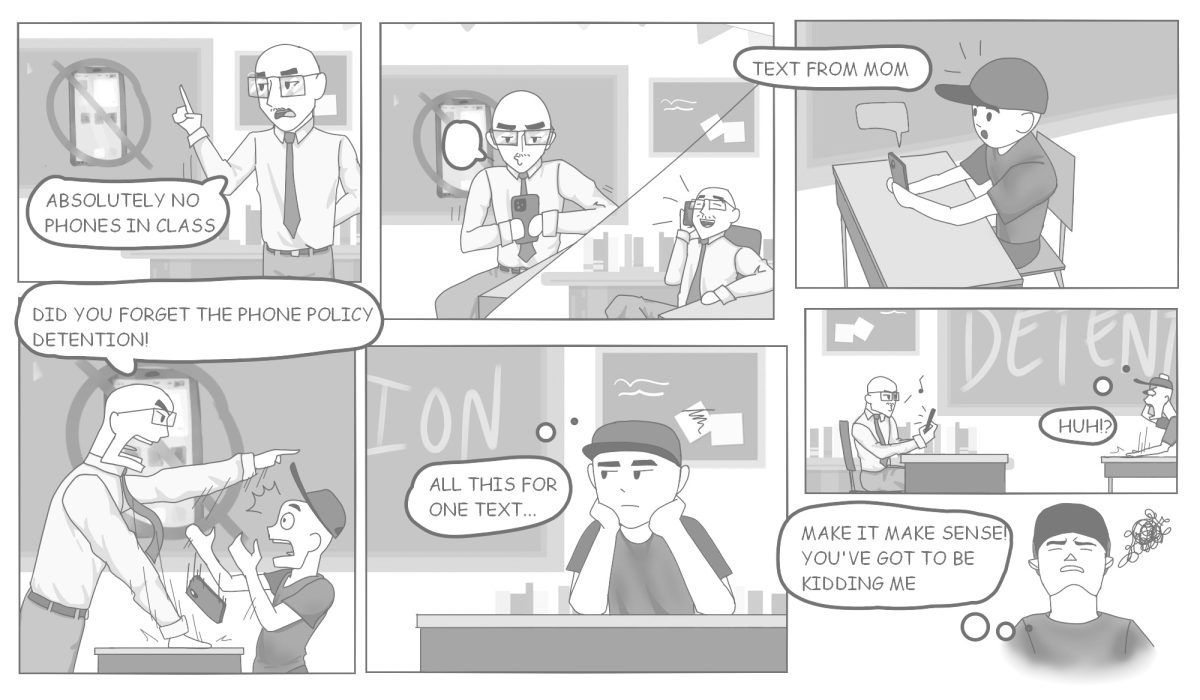You’re in love, and the stars have finally aligned in your favor!
At first glance, it’s love at first sight. However, doubt soon creeps in. Does this person you’ve been talking to possess the character traits of your ideal partner?
Seeking advice, you scroll on social media watching creator after creator partake in the trend of “testing” their partner. From the Orange-Peel Theory to the ideals of liking vs. loving, these rigid rules for love have only dehumanized it in every aspect.
The Orange-Peel Theory tests whether someone will peel an orange for you out of consideration and, in a way, it assesses their moral character. It originated from TikTok and has since been tested by a majority of TikTok couples. However, it has recently been taken to extreme heights, where relationships have ended over someone refusing to peel oranges for their significant other. Just one small action eliminates any previous emotional history. Love is immeasurable, and there’s so many ways to show care and consideration besides just peeling an orange.
Beyond social media, love is also portrayed through films, and oftentimes many people take these love stories into their own lives, causing the Olive Theory to be brought into fruition among many couples in real life. This theory originated from the famous television show, How I Met Your Mother, and it popularized the notion that if one partner doesn’t like olives but the other does, they’re soulmates. This theory has influenced people into blindly following highly scripted relationship standards when they should base their love on their own personal preferences and love stories.
Beyond theories, other ideals destroy the rose-tinted glasses we see our partners through. A great example would be the liking vs. loving ideal. This ideal is based upon the psychological ideas of liking a person, where you enjoy spending time with them, and feel happy when you are around them. Whereas loving a person is when you care deeply for the other person and can’t stand to be without them. In today’s society, we see romantic couples online on a daily basis and naturally we want that for ourselves, causing our feelings of liking and loving someone to be mixed up. For reference, when we meet and spend a lot of time with a person, that ambition leaves us to be enamored quickly, making us feel that we may be in love. However, reality soon hits us when we’re in love and that ambition fades, leaving us to realize all along that we may have only just simply “liked” that person. From scrolling endlessly on social media, it sets this precedent in our minds that we need to find love quickly, when in hindsight, loving and liking a person are two different entities.
Love should never be based upon theories, tests and checking boxes off of a checklist. Instead it needs to be based around the realization that loving a person is going to be hard, and though it’s hard, it’s up to communication and growth that will end up giving you the same satisfaction that couples share in the media.




